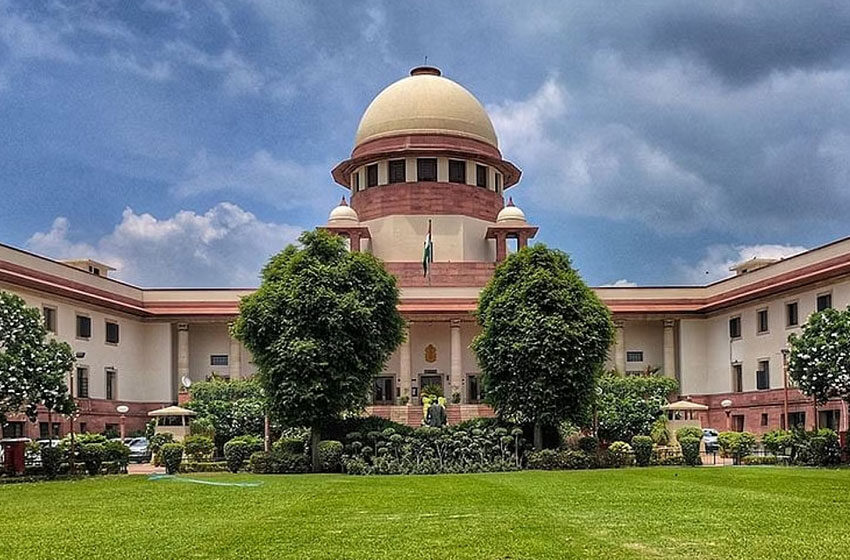Significant India’s Supreme Court Ruling in granting abortion rights to all women regardless of their marital status

Unintended pregnancies often become the bane of existence for women, especially when they are expected to uphold the moral standard. Furthermore, the Indian society has always stigmatised pre-marital pregnancies, due to which young women resort to getting an abortion through unauthorised paramedics. But on the other hand, irrespective of their wishes, families or in-laws of some women force them to give birth and raise the child.
However, the recent Supreme Court ruling is instrumental in highlighting women’s freedom to choose if they want to keep the baby or abort it. India’s Supreme Court ruled on 29th September(Thursday) that all women, regardless of their marital status, can have a legal and safe abortion.
The country’s apex court pointed out that the Medical Termination of Pregnancy Act 1971 enabled only married women to abort a foetus. Besides, the rule gave the right to undergo the procedure to married women, divorcees, minors, disabled and mentally ill women and sexual assault and rape survivors.
Moreover, a bench presided by Justice DY Chandrachud of India’s Supreme Court pointed out that the rule indicated a stereotype that married women solely engaged in sexual activities; the rule, therefore, is not constitutionally sustainable. Moreover, it promoted artificial differentiation between married and unmarried women; therefore, the ruling is significant in providing autonomy to exercise their rights.
The monumental decision came after the US Supreme Court overturned the landmark 1973 Roe v Wade decision, which had made women’s right to abort a necessary fundamental right in the country. Also, in light of contentious women’s abortion right globally, India’s Supreme Court decision is pioneering.
However, it is crucial to note that the decision came after a woman filed a petition when she failed to terminate her pregnancy, resulting from a consensual relationship. However, given the fact that she was unmarried, the clinic or healthcare facility where she went refused to provide her assistance due to legal restrictions.
Dr Chitra Ramamurthy, Senior Consultant and Infertility Specialist, Apollo Hospitals, Bengaluru, pointed out that safe abortion practice has been a concerning issue in India for the longest time. However, the ruling can help to reduce the morbidity and mortality rate associated with risky abortion practices.
Additionally, she said that reliable health policies and respecting personal choice need to be emphasised; however, contraceptive measures and safe sexual practices should also be prioritised.
On the other hand, Kalai Selvi A, Certified Lactation Care Counselor, Tamil Nadu, indicated that if legal constraints force women with unwanted pregnancies to continue their pregnancies, it will affect future generations.
Dr Manisha Singh, Senior Consultant – Gynaecologist and Reproductive Medicine, Fortis Hospital, Bannerghatta Road, agreed with Ms Kalai Selvi. Furthermore, she explained that India’s abortions have become relatively safe; regardless of their marital status, women can get access to safe and legal procedures. Moreover, to ensure anonymity, the healthcare facilities provide women with unique medical IDs and keep patient details confidential.
Doctors or authorised medical professionals perform the procedure while maintaining proper medical and surgical supervision in the hospital setting. Also, if women take termination pills at home, they must do it under medical supervision and get in touch with a doctor.
Besides, she added that healthcare workers, dais, and Asha workers must spread awareness to all women regarding the availability of authorised terminated clinics (Government and Private Sector clinics).







